Last updated 3/2021
MP4 | Video: h264, 1280×720 | Audio: AAC, 44.1 KHz
Language: English | Size: 2.62 GB | Duration: 2h 24m
When You Need to Crunch Numbers
What you’ll learn
Students will learn the basics of Fortran programming with simple applications in the fields of science and engineering.
Requirements
Must have access to a computer. DOS or Linux command line processing abilities would be useful but not absolutely necessary.
Previous experience with a programming language is also helpful but not necessary.
Description
This course introduces beginning students to the basics of Fortran90/95 programming. Out of necessity, it does not cover all aspects of the language, but enough so that students will be able to write useful codes after completion. The course will be of particular value to those STEM students who would like to learn a language which has stood the test of time, and is widely used in the area of scientific computing. Also useful for those who need to work with legacy Fortran code but have no Fortran background. Previous programming experience would be helpful but is not absolutely necessary. The course assumes some basic ability to use a command-line interface. I will also provide a short introduction to the use of DISLIN, a graphics/widget plotting package that you can implement in your Fortran codes. All Fortran codes used as examples are downloadable, as are the course notes.
Overview
Section 1: Basic Fortran
Lecture 1 Introduction and Background
Lecture 2 Program Composition
Lecture 3 Data Types: Constants and Variables
Lecture 4 Basic Input/Output
Lecture 5 Assignment Statements and Operators
Lecture 6 Intrinsic Functions
Lecture 7 Free Fortran Source Code Check
Lecture 8 Section 1 Example
Section 2: Branching Structures
Lecture 9 Logical Expressions
Lecture 10 IF-THEN-ELSE Constructs
Lecture 11 CASE Construct
Section 3: Fortrtan Loops
Lecture 12 Counting DO Loops
Lecture 13 CYCLE and EXIT Statements
Lecture 14 While Loops
Section 4: Arrays
Lecture 15 Declaring Arrays
Lecture 16 Using Arrays
Lecture 17 Intrinsic Functions for Matrix Operations
Section 5: Input/Output
Lecture 18 Formatted PRINT Statements
Lecture 19 Formatted WRITE Statements
Lecture 20 Formatted Input
Lecture 21 Unformatted Files
Section 6: Functions, Subroutines, and Modules
Lecture 22 Functions
Lecture 23 Subroutines
Lecture 24 Modules
Section 7: Miscellaneous Topics
Lecture 25 Timing Your Code
Lecture 26 DISLIN Graphics Basics
Lecture 27 DISLIN Example 1
Lecture 28 DISLIN Example 2
Section 8: New/Added Lectures
Lecture 29 Simple Edit, Compile, Execute Demonstration
Section 9: Parallel Programming Using OpenMP
Lecture 30 Brief Introduction to OpenMP
Lecture 31 “Hello World” in Parallel
Lecture 32 Another “Hello World” in Parallel
Lecture 33 Parallel Do Loop
Lecture 34 Solving the Poisson Equation
Lecture 35 Red-Black Iteration Code and Results
STEM students in high school and college wishing to learn the basics of Fortran programming.,Those interested in scientific computing.
HOMEPAGE
https://anonymz.com/?https://www.udemy.com/course/beginning-fortran-for-science-and-engineering-students/
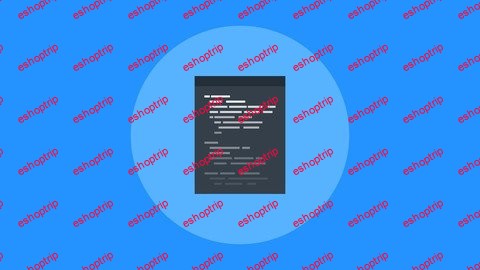
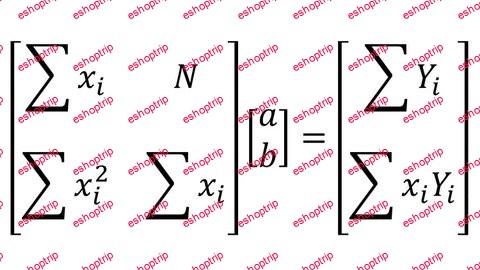


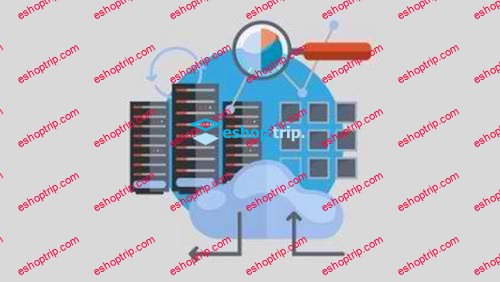




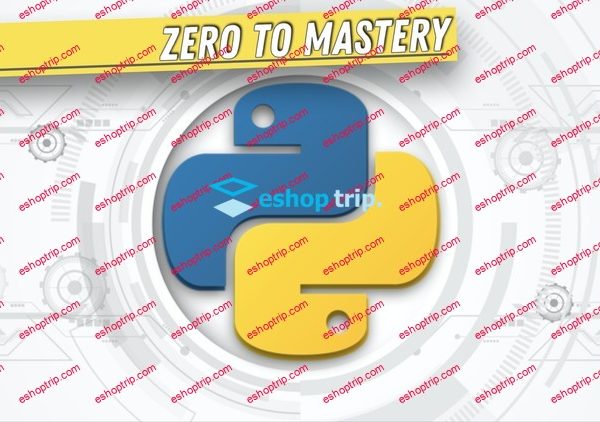
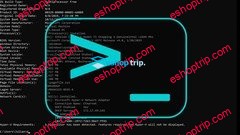
Reviews
There are no reviews yet.